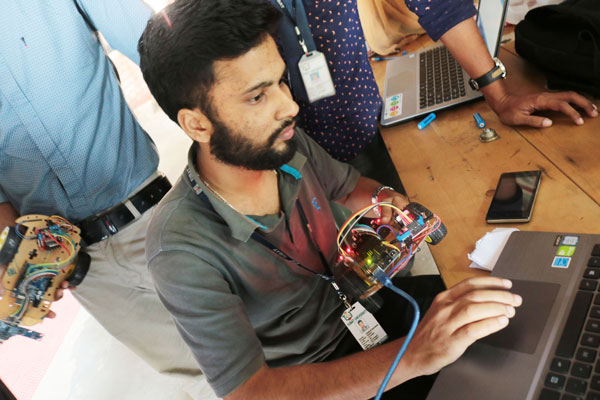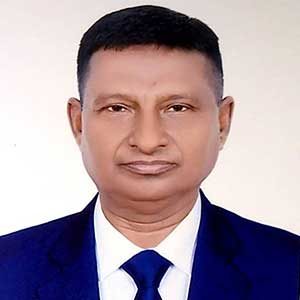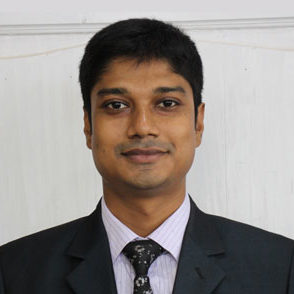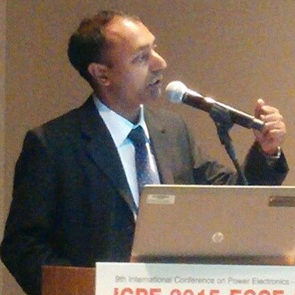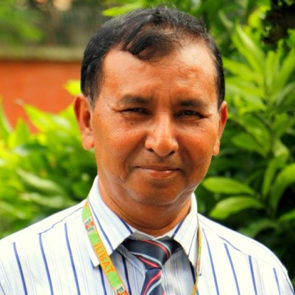At present, conversion into and application optimization of electric energy and electronics devices are the preconditions for any development of any nation. Industrialization’s and excessive use of electric energy run tools and technologies at every sphere of life overwhelmingly address the needs for specialized and instrumental knowledge on disciplinary, sub-disciplinary and interdisciplinary aspects of electrical and electronics engineering to get the best out of these applications.
The Department of Electrical and Electronic Engineering offers a degree program leading to Bachelor of Science in Electrical and Electronic Engineering (BSEEE). The department strives to produce professional graduates capable of meeting future challenges of production and application of electric energy and devices through offering ample opportunity of theory, laboratory and research based specialized learning in the areas of electrical, control, power and electronics and microelectronics engineering, computer science and telecommunication engineering. Participants are given an opportunity to be trained and broaden their abilities to analyze and solve complex troubles and design new uses of technology to serve today’s civilization.
This engineering program provides an integrated educational experience directed toward the development of the ability to apply pertinent knowledge to the identification and solution of practical problems in electrical, electronics and telecommunication engineering. This program also insures that the design experience is developed and integrated throughout the curriculum in a sequential development leading to advanced work and includes both analytical and experimental studies.
![]()



